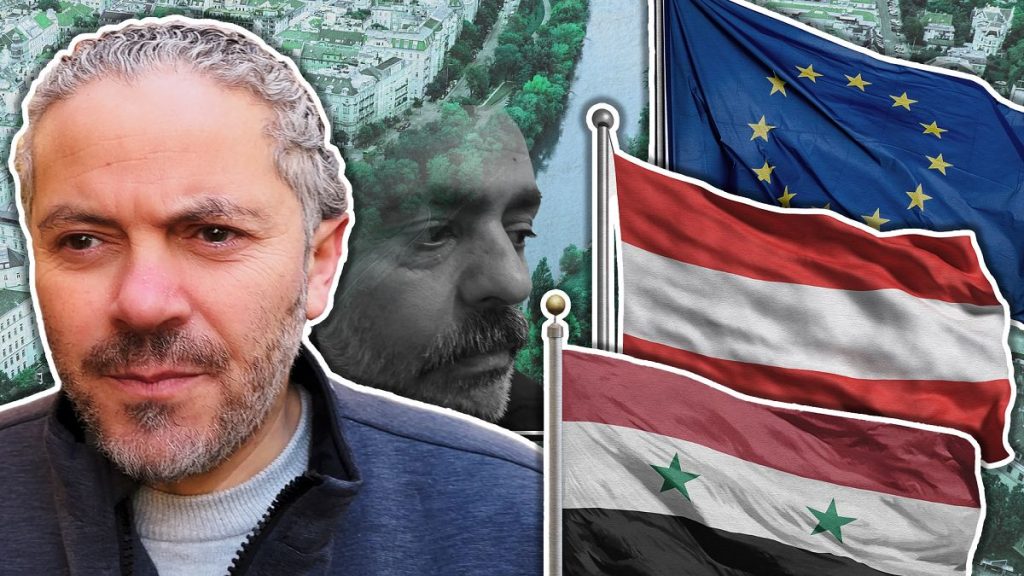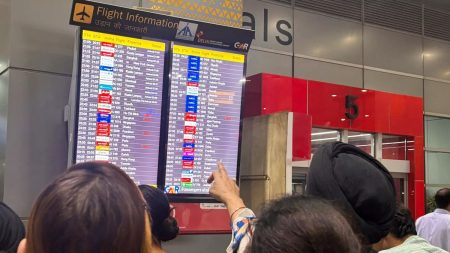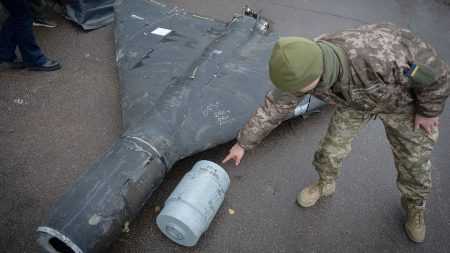The fall of Bashar al-Assad’s regime in Syria, rather than signaling a safe return for Syrian refugees, has triggered a wave of anxiety and legal battles across Europe. Austria, in particular, has taken a hardline stance, initiating procedures to revoke refugee status and potentially deport Syrians, a move met with fear and uncertainty within the Syrian community residing there. This shift in policy reflects a broader political climate in Europe where right-wing parties are capitalizing on anti-immigrant sentiments, raising concerns about the erosion of refugee rights and the precarious future facing those who sought refuge from the Syrian conflict. The central question remains: Is Syria truly safe for return, and are European nations upholding their obligations to protect those fleeing persecution?
Austria’s actions have sent shockwaves through its Syrian population, estimated at around 110,000. The initial jubilation at Assad’s downfall has been replaced by a pervasive fear of forced repatriation. The Austrian government’s initiative to send letters initiating the withdrawal of refugee status, primarily targeting those who arrived within the past five years, has created widespread panic and uncertainty. Syrian community organizations like the Free Syrian Community in Austria have reported a surge in calls from distressed individuals facing the prospect of losing their protected status and the ability to reunite with their families. The government’s actions appear politically motivated, aimed at appeasing a domestic audience increasingly receptive to anti-immigrant rhetoric rather than reflecting a genuine assessment of the situation in Syria.
Legal experts and human rights organizations have challenged the legality and morality of Austria’s actions. While acknowledging the state’s right to review refugee statuses, they argue that the current situation in Syria remains far too volatile to justify revoking protection. Syria, still grappling with widespread instability, ongoing conflict in certain regions, and a fragile political landscape, cannot be considered a safe haven for returning refugees. The Austrian government’s claim that the removal of Assad equates to a safe return ignores the complex realities on the ground, including the potential for continued persecution, lack of essential infrastructure, and the lingering threat of violence. The decision to initiate withdrawal procedures appears premature and driven by political expediency rather than a genuine commitment to refugee protection.
The crux of the matter lies in the differing interpretations of “safe return.” Each EU member state maintains its own assessment of the security situation in Syria, leading to a patchwork of policies across the continent. While the EU Common European Asylum System (CEAS) provides a framework for asylum procedures, it lacks the authority to definitively declare a country safe or unsafe for return. This ambiguity leaves Syrian refugees vulnerable to the political whims of individual member states, with some, like Austria, adopting a more restrictive approach compared to others that maintain a cautious stance on returns. The lack of a unified EU policy undermines the fundamental principles of refugee protection and creates a climate of uncertainty and fear for those seeking sanctuary.
The legal battle unfolding in Austria highlights the tension between national sovereignty and international obligations regarding refugee protection. While states have the right to manage their borders and review asylum claims, they are also bound by international law to protect those fleeing persecution. The principle of non-refoulement, a cornerstone of international refugee law, prohibits the return of individuals to countries where they face a real risk of persecution or serious harm. Austria’s actions, by potentially forcing Syrians back to a still-unstable Syria, appear to contravene this fundamental principle and raise serious concerns about the erosion of refugee rights within the EU.
The future of Syrian refugees in Europe remains uncertain, caught in the crosshairs of shifting political landscapes and divergent interpretations of safety. The situation in Austria serves as a stark reminder of the fragility of refugee protection and the growing influence of anti-immigrant sentiments in shaping national policies. As the legal battles continue, the international community must closely scrutinize these developments to ensure that the fundamental rights of refugees are upheld, and that political expediency does not trump humanitarian obligations. The question of when and if Syria will truly become a safe country for return remains open, but until then, the responsibility to protect those fleeing persecution rests firmly with the European nations that offered them refuge.










